S. KOREA'S QUARANTINE METHOD CUTS INFECTIONS
입력 2020.04.23 (15:07)
수정 2020.04.23 (16:45)
읽어주기 기능은 크롬기반의
브라우저에서만 사용하실 수 있습니다.
[Anchor Lead]
It has been three weeks since Korea mandated all overseas arrivals to isolate themselves at home. This tough measure turned out to be quite effective in curbing the number of secondary infections from overseas arrivals down to zero. Now countries around the world are asking for Korea's quarantine know-how.
[Pkg]
As soon as passengers arrive at the airport, they are transported to their homes or temporary accomodations by buses or KTX trains reserved exclusively for them. All arrivals must self-isolate for two weeks regardless of symptoms.
[Soundbite] LEE SIN-AE(FAMILY OF AN INDIVIDUAL ARRIVING FROM THE NETHERLANDS) : "I gave a room with a bathroom to my sister. All family members tested negative after two weeks of self-isolation."
Such strict measures turned out to be quite effective in curbing the spread of COVID-19. The measure went into effect on April 1st. Since then, no secondary infection caused by that particular group has been reported.
[Soundbite] JUNG EUN-KYEONG(DIRECTOR, KOREA CENTERS FOR DISEASE CONTROL AND PREVENTION) : "The tougher self-quarantine measures were effective in stopping the spread in communities."
The number of infected people detected at the airport checkup point is declining as well. Confirmed COVID-19 cases at the airport peaked at over 15 per day at one time. Now it has fallen to around five. That may have been caused by the fact that only about two or three thousand people arrive in Korea per day. Just last month, there were up to eight thousand visitors daily. Unlike the U.S. or Europe, Korea successfully flattened the curve and managed the spread, prompting some 40 countries to reach out and ask Seoul to share its quarantine know-how. They wanted to learn more about the country's disease prevention experience, diagnostic test methods, self-quarantine management, and treatment process. Subsequently, the Korean government decided to form a task force that will oversee all international response and cooperation measures associated with COVID-19. There are plans to share know-how in drive-thru testing, "pooling" multiple samples to run a diagnostic test, and managing the self-isolation app. The COVID-19 pandemic cannot be contained by one country's effort alone. The whole world has to work together to beat this virus.
It has been three weeks since Korea mandated all overseas arrivals to isolate themselves at home. This tough measure turned out to be quite effective in curbing the number of secondary infections from overseas arrivals down to zero. Now countries around the world are asking for Korea's quarantine know-how.
[Pkg]
As soon as passengers arrive at the airport, they are transported to their homes or temporary accomodations by buses or KTX trains reserved exclusively for them. All arrivals must self-isolate for two weeks regardless of symptoms.
[Soundbite] LEE SIN-AE(FAMILY OF AN INDIVIDUAL ARRIVING FROM THE NETHERLANDS) : "I gave a room with a bathroom to my sister. All family members tested negative after two weeks of self-isolation."
Such strict measures turned out to be quite effective in curbing the spread of COVID-19. The measure went into effect on April 1st. Since then, no secondary infection caused by that particular group has been reported.
[Soundbite] JUNG EUN-KYEONG(DIRECTOR, KOREA CENTERS FOR DISEASE CONTROL AND PREVENTION) : "The tougher self-quarantine measures were effective in stopping the spread in communities."
The number of infected people detected at the airport checkup point is declining as well. Confirmed COVID-19 cases at the airport peaked at over 15 per day at one time. Now it has fallen to around five. That may have been caused by the fact that only about two or three thousand people arrive in Korea per day. Just last month, there were up to eight thousand visitors daily. Unlike the U.S. or Europe, Korea successfully flattened the curve and managed the spread, prompting some 40 countries to reach out and ask Seoul to share its quarantine know-how. They wanted to learn more about the country's disease prevention experience, diagnostic test methods, self-quarantine management, and treatment process. Subsequently, the Korean government decided to form a task force that will oversee all international response and cooperation measures associated with COVID-19. There are plans to share know-how in drive-thru testing, "pooling" multiple samples to run a diagnostic test, and managing the self-isolation app. The COVID-19 pandemic cannot be contained by one country's effort alone. The whole world has to work together to beat this virus.
■ 제보하기
▷ 카카오톡 : 'KBS제보' 검색, 채널 추가
▷ 전화 : 02-781-1234, 4444
▷ 이메일 : kbs1234@kbs.co.kr
▷ 유튜브, 네이버, 카카오에서도 KBS뉴스를 구독해주세요!
- S. KOREA'S QUARANTINE METHOD CUTS INFECTIONS
-
- 입력 2020-04-23 15:05:01
- 수정2020-04-23 16:45:58

[Anchor Lead]
It has been three weeks since Korea mandated all overseas arrivals to isolate themselves at home. This tough measure turned out to be quite effective in curbing the number of secondary infections from overseas arrivals down to zero. Now countries around the world are asking for Korea's quarantine know-how.
[Pkg]
As soon as passengers arrive at the airport, they are transported to their homes or temporary accomodations by buses or KTX trains reserved exclusively for them. All arrivals must self-isolate for two weeks regardless of symptoms.
[Soundbite] LEE SIN-AE(FAMILY OF AN INDIVIDUAL ARRIVING FROM THE NETHERLANDS) : "I gave a room with a bathroom to my sister. All family members tested negative after two weeks of self-isolation."
Such strict measures turned out to be quite effective in curbing the spread of COVID-19. The measure went into effect on April 1st. Since then, no secondary infection caused by that particular group has been reported.
[Soundbite] JUNG EUN-KYEONG(DIRECTOR, KOREA CENTERS FOR DISEASE CONTROL AND PREVENTION) : "The tougher self-quarantine measures were effective in stopping the spread in communities."
The number of infected people detected at the airport checkup point is declining as well. Confirmed COVID-19 cases at the airport peaked at over 15 per day at one time. Now it has fallen to around five. That may have been caused by the fact that only about two or three thousand people arrive in Korea per day. Just last month, there were up to eight thousand visitors daily. Unlike the U.S. or Europe, Korea successfully flattened the curve and managed the spread, prompting some 40 countries to reach out and ask Seoul to share its quarantine know-how. They wanted to learn more about the country's disease prevention experience, diagnostic test methods, self-quarantine management, and treatment process. Subsequently, the Korean government decided to form a task force that will oversee all international response and cooperation measures associated with COVID-19. There are plans to share know-how in drive-thru testing, "pooling" multiple samples to run a diagnostic test, and managing the self-isolation app. The COVID-19 pandemic cannot be contained by one country's effort alone. The whole world has to work together to beat this virus.
It has been three weeks since Korea mandated all overseas arrivals to isolate themselves at home. This tough measure turned out to be quite effective in curbing the number of secondary infections from overseas arrivals down to zero. Now countries around the world are asking for Korea's quarantine know-how.
[Pkg]
As soon as passengers arrive at the airport, they are transported to their homes or temporary accomodations by buses or KTX trains reserved exclusively for them. All arrivals must self-isolate for two weeks regardless of symptoms.
[Soundbite] LEE SIN-AE(FAMILY OF AN INDIVIDUAL ARRIVING FROM THE NETHERLANDS) : "I gave a room with a bathroom to my sister. All family members tested negative after two weeks of self-isolation."
Such strict measures turned out to be quite effective in curbing the spread of COVID-19. The measure went into effect on April 1st. Since then, no secondary infection caused by that particular group has been reported.
[Soundbite] JUNG EUN-KYEONG(DIRECTOR, KOREA CENTERS FOR DISEASE CONTROL AND PREVENTION) : "The tougher self-quarantine measures were effective in stopping the spread in communities."
The number of infected people detected at the airport checkup point is declining as well. Confirmed COVID-19 cases at the airport peaked at over 15 per day at one time. Now it has fallen to around five. That may have been caused by the fact that only about two or three thousand people arrive in Korea per day. Just last month, there were up to eight thousand visitors daily. Unlike the U.S. or Europe, Korea successfully flattened the curve and managed the spread, prompting some 40 countries to reach out and ask Seoul to share its quarantine know-how. They wanted to learn more about the country's disease prevention experience, diagnostic test methods, self-quarantine management, and treatment process. Subsequently, the Korean government decided to form a task force that will oversee all international response and cooperation measures associated with COVID-19. There are plans to share know-how in drive-thru testing, "pooling" multiple samples to run a diagnostic test, and managing the self-isolation app. The COVID-19 pandemic cannot be contained by one country's effort alone. The whole world has to work together to beat this virus.
이 기사가 좋으셨다면
-
좋아요
0
-
응원해요
0
-
후속 원해요
0










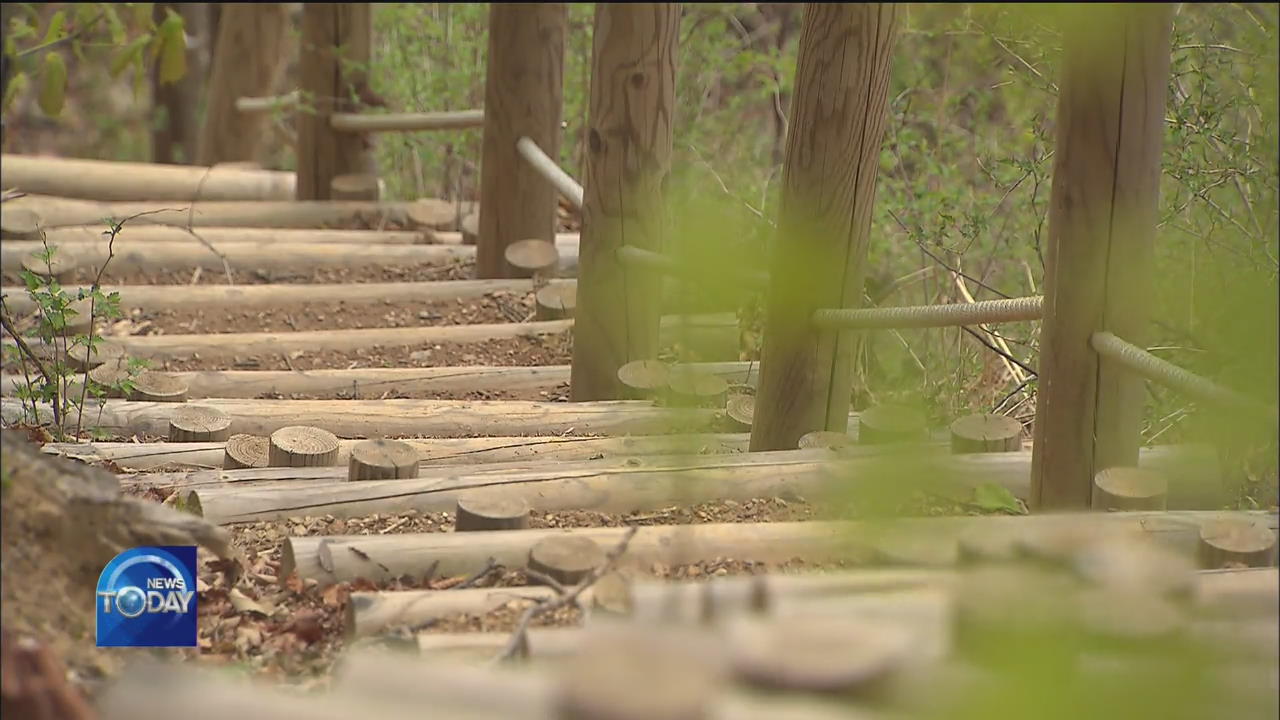
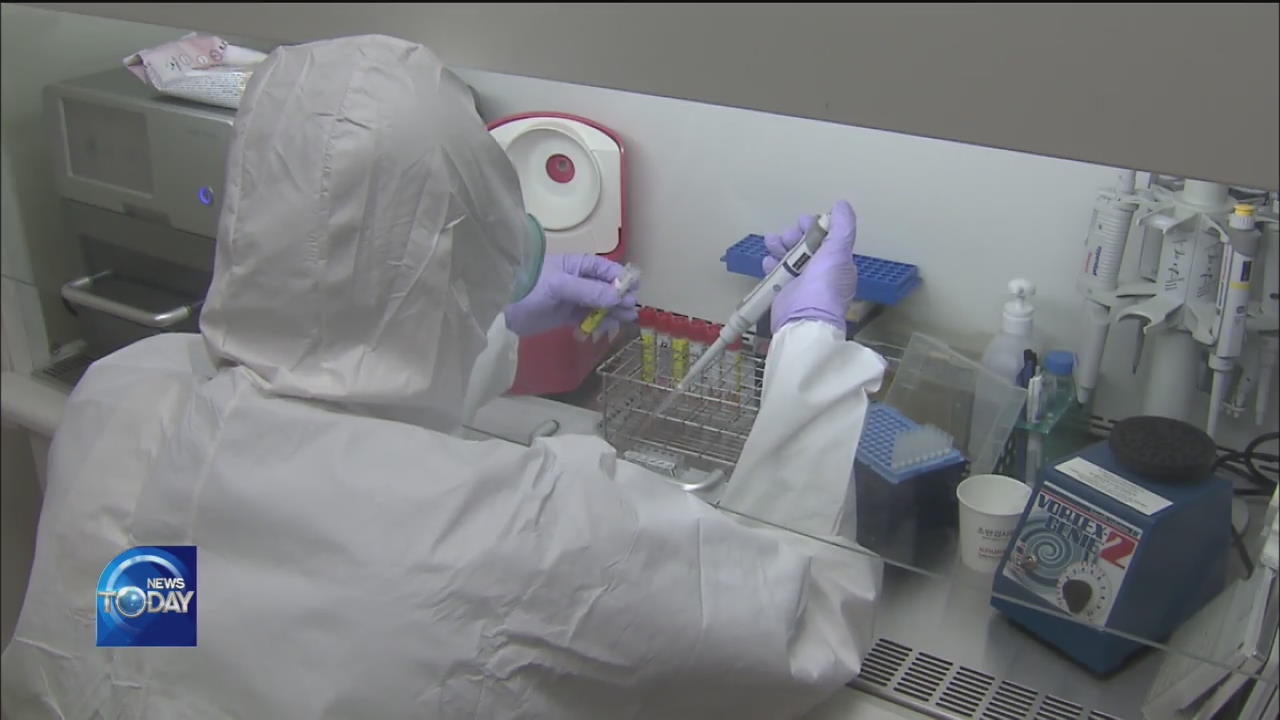
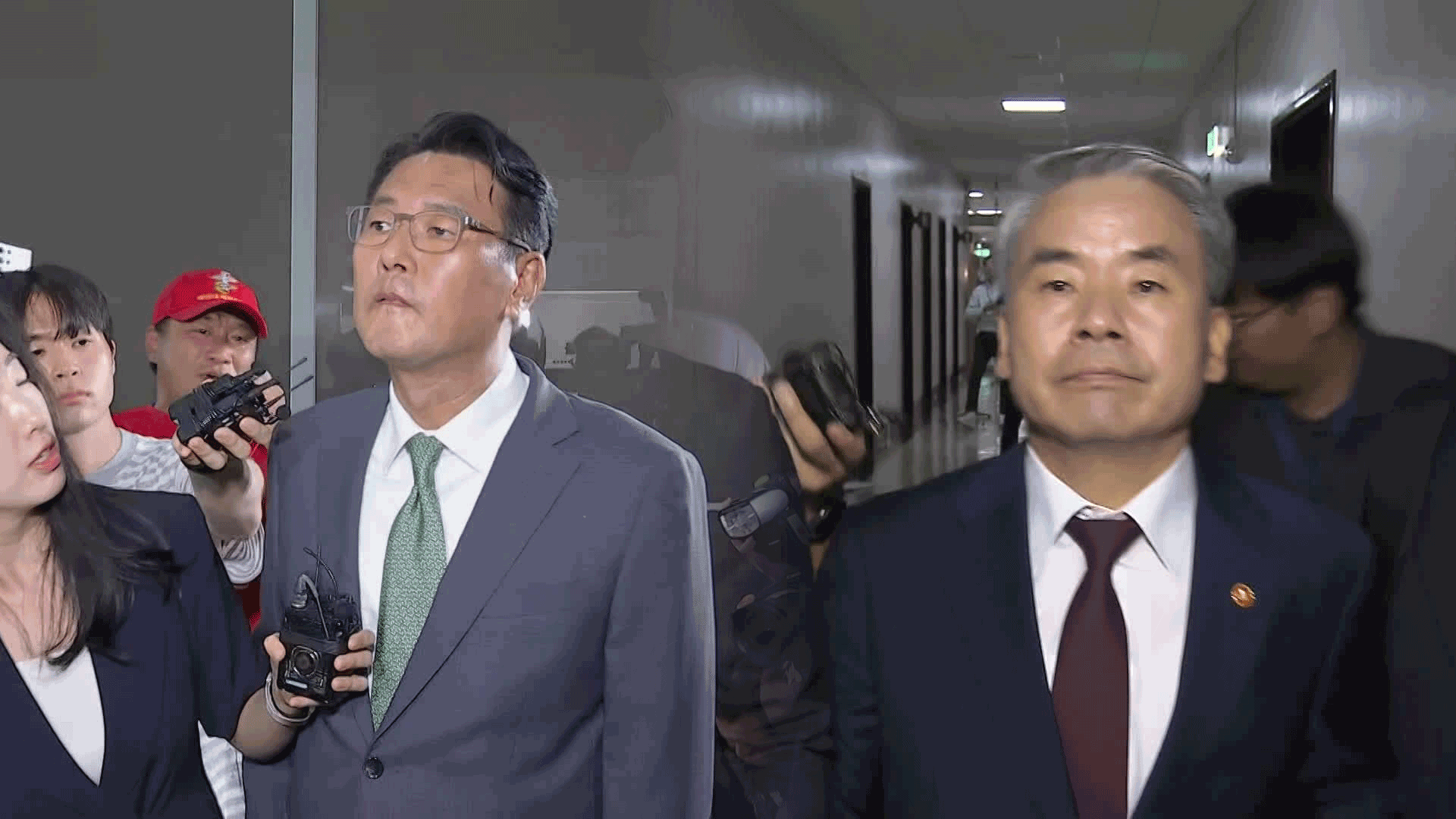
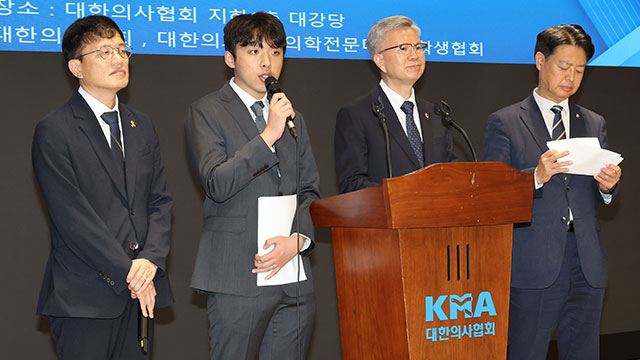

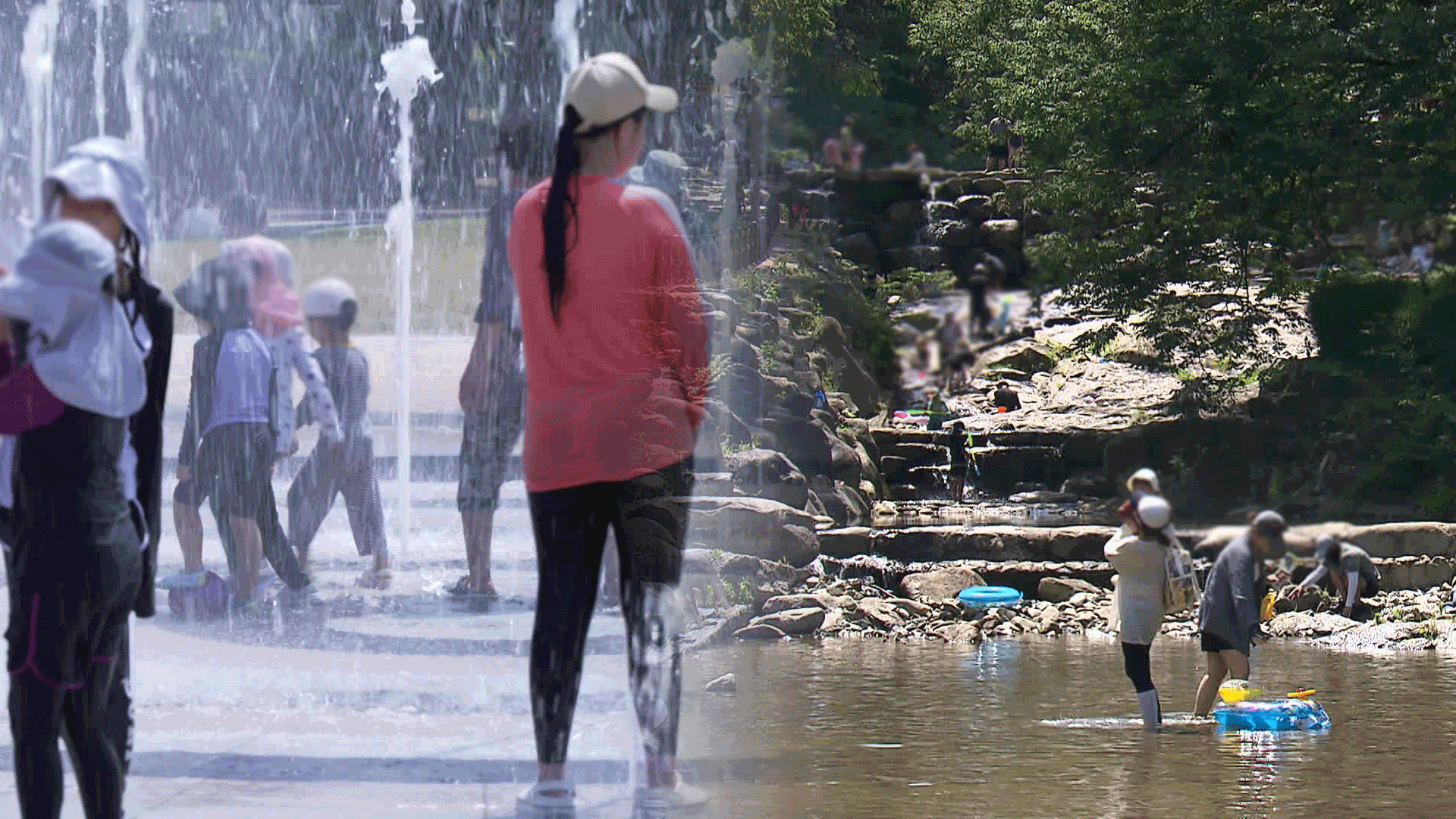

이 기사에 대한 의견을 남겨주세요.